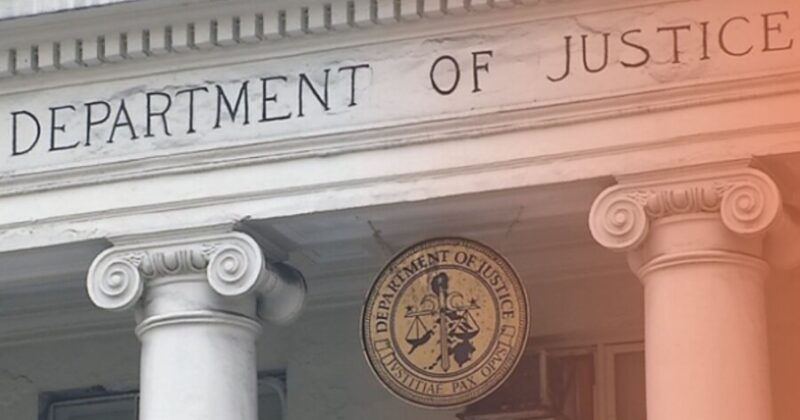On July 22, the Department of Justice (DOJ) submitted an urgent request to the Supreme Court, seeking permission to implement certain provisions of recent federal changes to Title IX regulations concerning sex discrimination. These provisions had been previously blocked by a lower court.
The DOJ contends that the preliminary injunction, which halted the rule changes in their entirety, imposed excessive burdens. They are requesting the Supreme Court to narrow the district court’s injunction to apply only to 10 states and specifically to changes concerning gender identity.
In the emergency application, U.S. Solicitor General Elizabeth Prelogar argues that the over two dozen states opposing the expansion of Title IX rules have mainly targeted three provisions related to “gender identity,” while the majority of the Department of Education’s (DOE) updated rules remain unchallenged.
In April, the DOE issued guidance changing the scope of Title IX rules for educational institutions that receive federal funds. Title IX rules, which prohibit sex discrimination in schools, were expanded to include sexual orientation and “gender identity.”
The rule changes would allow male students who identify as female to use women’s restrooms and facilities and to participate in women-only organizations.
The changes would also broaden the definition of “harassment” to include using pronouns that match a person’s sex at birth instead of their chosen gender identity. Schools receiving federal funding that do not comply with this rule could face the loss of that funding and potential lawsuits.
The expanded rules also introduced modifications to recordkeeping requirements, grievance procedures, and protections for pregnant and postpartum students and employees. However, the core issues in the lawsuits filed by Republican-led states and other groups center on the three provisions concerning gender identity.
On June 17, a federal district court in Kentucky temporarily blocked the new regulations in several Republican-led states while the lawsuits were still in progress.
On Monday, the DOJ told the Supreme Court that the preliminary injunction pausing the rule entirely was “more burdensome” than necessary.
Ms. Prelogar requested that the Supreme Court limit the district court’s injunction to 10 states and restrict it to cases where the rule prohibits discrimination based on “gender identity.” The states involved are Idaho, Indiana, Kentucky, Louisiana, Mississippi, Montana, Ohio, Tennessee, Virginia, and West Virginia.
“The district court held that respondents’ challenges are likely to succeed and issued a preliminary injunction. But the court refused to tailor the injunction to the two provisions of the Rule that are the source of respondents’ asserted injuries—or even to the three provisions they have challenged on the merits,” Ms. Prelogar wrote.
“Instead, the court enjoined the entire Rule, including dozens of provisions that respondents had not challenged and that the court did not purport to find likely invalid.”
The solicitor general has requested that the Supreme Court partially lift the district court’s order, permitting the implementation of unchallenged aspects of the Title IX rule changes, such as those concerning new mothers, while the legal battles continue.
The emergency application comes days after the Sixth U.S. Circuit Court of Appeals upheld the district court’s preliminary injunction.
Federal district court judges had sided with the states in three cases, halting the rule’s implementation in 15 states and at schools attended by the children of members from two conservative groups: Moms for Liberty and Young America’s Foundation.
However, the regulation is still expected to go into effect in the remaining states by Aug. 1.
The rule change followed an executive order issued by President Joe Biden on March 8, 2021, directing the Department of Education (DOE) to update Title IX to cover “discrimination on the basis of sexual orientation and gender identity.”
Share your thoughts by scrolling down to leave a comment.

